8 Side Effects Of Neem You Should Be Aware Of
It may be hailed as an effective remedy, but there are some things you need to look out for.
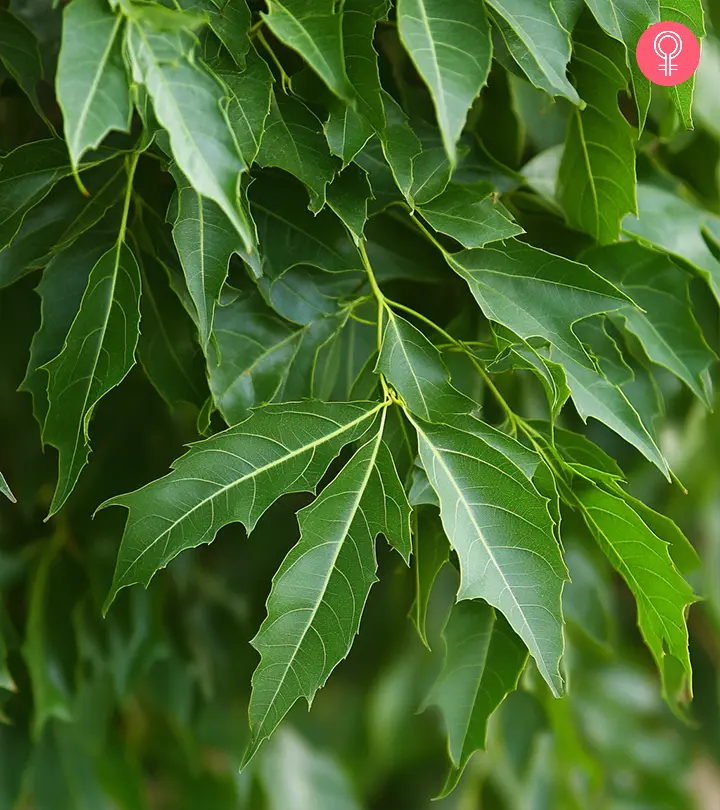
Image: Midjourney/ StyleCraze Design Team
The health benefits of neem in treating various ailments are well-known. But it is important to note the side effects of neem that come with its excessive consumption. Taking 1 to 2 neem leaves per day or 4 ml of neem juice for about 10 weeks seems to be the safe dosage. But exceeding that dose, unless medically advised, can cause adverse effects.
Here, we understand the major side effects of neem and what precautions you can take to prevent them. Keep reading.
 Know The Flip Side: Neem
Know The Flip Side: NeemShort-Term Effects
May cause stomach irritation and allergic reactions such as inflammation of the mouth
Long-Term Effects
May damage the liver and kidneys and may also lower blood sugar levels.
Drug Interactions
May interact with medications such as immunosuppressants, and diabetes medications.
When To See A Doctor
If you experience vomiting, diarrhea, or drowsiness after consuming neem, then seek medical help.
In This Article
What Are The Side Effects Of Neem Leaves?
1. May Cause Kidney Damage

A study reports of a case of acute renal failure in an individual after taking a Chinese herbal medicine. The medication, as per the report, contained neem as one of the primary ingredients. To elaborate, this 2015 study published in Case Reports in Medicine is based on a case of a young Nigerian man who developed acute kidney failure two days after taking a Chinese herbal remedy for “body cleansing” and general well-being. He required four dialysis sessions and was hospitalized for 18 days before making a full recovery. The study highlighted that herbal medicine use caused 30-35% of acute kidney failure cases in Africa, with many local remedies containing ingredients like mango bark, cashew shoots, paw-paw leaves, lime water, and neem. The authors emphasized the serious health risks of unregulated herbal treatments and the need for greater awareness (1).
Though no direct link had been established between neem intake and kidney damage, it is important to be careful. The trend of toxic renal injuries with respect to medicinal herbs is likely to continue (1). Hence, exercise caution.
Some believe that excess intake of neem may also damage the liver. There is no research to support this. But to be on the safe side, if you have liver issues, please consult your doctor before consuming neem.
 Did You Know?
Did You Know?2. May Lower Blood Sugar Way Too Much
In a study, a form of traditional medicine made by mixing neem and longevity spinach (a type of spinach found in China) was found to have hypoglycemic properties. This study published in Advanced Pharmaceutical Bulletin, investigated the blood sugar-lowering effects of a combination of Azadirachta indica (neem) and Gynura procumbens (longevity spinach) in diabetic rats. Researchers extracted key compounds rutin and quercetin from the plants and tested different doses on rats with diabetes induced by alloxan. The best combination (50 mg/kg neem + 112.5 mg/kg G. procumbens) significantly lowered blood sugar levels by up to 73.91% and improved the pancreas’s insulin-producing cells. The study concluded that this plant combination was more effective than using either plant alone and could be developed into a natural diabetes treatment (2).
Though the hypoglycemic effects of neem seem desirable, if you are on medications for lowering blood sugar, please check with your doctor before ingesting neem (or any other such plant-based medicines).
Doctors recommend small amounts of neem oil for individuals with diabetes as it controls blood sugar levels. But, when taken in excess, the drop may become extreme. Hypoglycemiai A condition where your blood glucose levels are way lower than the standard, healthy range, causing confusion, heart palpitations, etc. may cause dizziness and weakness (fatigue) (3).
3. May Lead To Reduced Fertility

In rat studies, the administration of neem flower extracts blocked ovulation partially. Though neem could be used as an antifertility agent when required, it may also reduce fertility even when not desired (4).
In studies done on rats, mice, rabbits, and guinea pigs, neem was found to reduce male fertility. In male rats, this reduction was as much as 67% in just six weeks. However, neem didn’t seem to stop sperm production (5).
Some experts theorize that farmers use insect repellents made from neem extract on pesticides to hamper their reproductive health so that they do not multiply, resulting in similar effects in individuals who expose themselves to these pesticides. These pesticides are known to disrupt the direction of the sperms and take a toll on the immune system. However, research is lacking in this aspect but there might arise a need for safer Pesticide alternatives.
Olesya Wilson, a certified nutritionist, says, “Neem leaf extract can have a very detrimental effect on male reproduction. Research has linked it to decreases in testosterone and increases in estrogen levels.”
4. May Cause Miscarriage

In animal studies, neem extracts were found to induce pregnancy. The extracts could terminate a pregnancy with no visible side effects in both rodents and monkeys. Though this could be desirable for someone looking to abort the child, for those who are expecting to conceive, neem intake may not be recommended. The 1997 animal study published in the American Journal of Reproductive Immunology explored the use of purified extracts from Azadirachta indica (Neem) to induce pregnancy termination in rats, baboons, and monkeys. The researchers found that neem extracts stimulated immune cells (Th1, CD4, and CD8) and increased TNF-alpha and gamma-interferon, leading to a drop in progesterone and fetal resorption. Pregnancy was successfully terminated without significant side effects, and fertility was restored after one or two irregular cycles. The study suggested that neem extracts could be developed as a natural contraceptive through immune modulation (6).
While neem may offer immune system support, some theories also state that overexposure to neem may cause the immune system to become hyperactive. This could lead the body to reject the sperm cells and eject them from the conceived embryo. However, there is insufficient information to substantiate this.
5. May Cause Allergic Reactions

A study discusses a case of allergic contact stomatitis (inflammation of the mouth) after the intake of neem leaves once every week for three consecutive weeks (7).
Though neem is most commonly used for treating allergies and rashes, its excessive use may lead to allergies. We need more research to further understand the other allergies the use of neem may cause.
6. May Lead To Infant Deaths
Studies have shown that neem could be toxic to infants. Doses of neem oil (as small as 5 ml) had resulted in infant deaths
(8).
Animal studies also showed the toxicity of neem oil at doses as low as 12 to 24 ml per kilogram of body weight (9).
Though the contaminants in neem oil could be responsible for these effects (and not neem itself), more research is warranted. Neem leaves or their extracts must not be consumed for longer periods. Anecdotal reports state kidney failure in patients who consumed neem leaf teas as a treatment for malaria (10).
The substances in neem are known to cause symptoms of Reye’s syndromei A very rare but serious condition occurring in children that causes swelling in the brain and liver. in infants when exposed to neem oil. The consumption of the smallest dosage can be fatal for infants (11).
Insufficient Evidence For The Following
There is less information and research about the following side effects. These have only been validated by anecdotal evidence. However, if you experience any of these side effects after ingesting neem, please stop use and consult your doctor.
7. May Cause Stomach Irritation

Excess inhalation or consumption of neem may cause indigestion, stomach irritation, and other digestive health problems. More research is needed to understand how this happens.
8. May Overstimulate Your Immune System
Consumption of neem or neem-based products can boost the immune system. However, heavy doses of neem (especially in patients with ailments) may overstimulate the immune system and cause complications.
Patients who have undergone organ transplants may also need to stay away from neem. The leaves are believed to interact with immunosuppressant medications during surgeries.
However, there is insufficient information in this regard.
 Trivia
TriviaKey Takeaways
- Animal studies have proven that neem has the potential to reduce male fertility.
- Some studies concluded that neem is toxic to infants.
- Anecdotal evidence suggests that neem may overstimulate the immune system and cause stomach irritation.
Infographic: What You Should Consider Before Using Neem
Due to its antibacterial and antioxidant properties, neem is widely used in many home remedies. However, overindulgence may lead to many health issues. So, it is advisable to use it sparingly but with effective dosages.
Several simple methods can help ensure you won’t have a negative experience using this miraculous plant. Check out the infographic below to learn about the preventive measures you can follow to avoid the side effects of neem. Illustration: StyleCraze Design Team
The benefits of neem are wide-ranging and wonderful. When taken in the required amounts, it can promote your overall health. However, if you exceed the recommended dosage, it may cause kidney damage, significantly lower blood sugar levels, lead to reduced fertility, trigger allergic reactions, cause miscarriage, overstimulate the immune system, and cause stomach irritation. It can also be toxic to infants. Hence, caution is highly advised when consuming it. However, including 2 to 3 neem leaves or 4 ml of neem juice in your routine helps reap its benefits.
Frequently Asked Questions
What precautions should be taken while using neem?
It is important to talk to your doctor, especially if you are taking any medication, are pregnant, or have any health problems before taking neem. You should also keep an eye out for any side effects like allergies or digestive problems. If you notice any adverse reactions, immediately stop using neem and consult your doctor.
Does neem affect hormones?
According to Olesya Wilson, a certified nutritionist, “Neem leaves have been proposed as a male contraceptive. One study found that when taken once a day, neem leaf paste can help with insulin resistance, which is one of the main concerns in women with PCOSi A hormonal disorder characterized by enlarged ovaries that results in irregular or a lack of periods during the childbearing years. . It also decreases luteinizing hormone (LH) levels, which are important in sexual development during puberty.”
Does neem affect hair growth?
“Neem oil can be diluted and applied topically to areas like the scalp to stimulate blood flow and hair growth. It has been shown to increase Follicle Stimulating Hormone (FSH) versus control groups,” opines Olesya Wilson, a certified nutritionist. Its antifungal properties may also help fight against dandruff and fungal infection.
Does neem detox the body?
Yes. Neem flushes out toxins from the body and also detoxes the blood (15). It also helps boost liver health by cleansing it and other vital internal organs. From an ayurvedic perspective, neem is considered suitable for skin diseases and the detoxification of blood. (14)
Who should not take neem?
People who had an organ transplant should avoid using neem. It might lower blood sugar levels. However, limited research is available.
Can I take neem on an empty stomach?
Yes. In fact, intake of neem leaves on an empty stomach for a month helps manage and control diabetes (16).
Can neem leaves be eaten raw?
Yes. Neem leaves can be eaten raw, and may keep your gut healthy and safe.
Does neem lower blood pressure?
Yes. The intake of neem has protective effects and can control hypertension (high blood pressure) (17).
Illustration: Side Effects Of Neem You Should Be Aware Of

Image: Stable Diffusion/StyleCraze Design Team
Consuming neem over a long period of time may lead to adverse effects like excessive dryness and itching. Watch the below video to discover its side effects and how you can manage them.
References
Articles on StyleCraze are backed by verified information from peer-reviewed and academic research papers, reputed organizations, research institutions, and medical associations to ensure accuracy and relevance. Read our editorial policy to learn more.
- Acute Renal Failure Induced by Chinese Herbal Medication in Nigeria
https://www.ncbi.nlm.nih.gov/pmc/articles/PMC4496464/ - Hypoglycemic Effect of Combination of Azadirachta indica A. Juss. and Gynura procumbens (Lour.) Merr. Ethanolic Extracts Standardized by Rutin and Quercetin in Alloxan-induced Hyperglycemic Rats
https://www.ncbi.nlm.nih.gov/pmc/articles/PMC4312413/ - RSSDI clinical practice recommendations for the management of type 2 diabetes mellitus 2017
https://www.ncbi.nlm.nih.gov/pmc/articles/PMC5838201/ - Antifertility potential of Neem flower extract on adult female Sprague-Dawley rats
https://www.ncbi.nlm.nih.gov/pmc/articles/PMC2583274/ - BREAKTHROUGHS IN POPULATION CONTROL?
https://www.ncbi.nlm.nih.gov/books/NBK234639/ - nduced termination of pregnancy by purified extracts of Azadirachta Indica (Neem): mechanisms involved
https://pubmed.ncbi.nlm.nih.gov/9228306/ - Allergic contact stomatitis caused by neem leaves (Azadirachta indica)
https://www.semanticscholar.org/paper/Allergic-contact-stomatitis-caused-by-neem-leaves-Ambooken-Abdulsalam/04ad81d7a1bf26267056728dc5b56174085b7863 - Neem Oil Poisoning as a Cause of Toxic Encephalopathy in an Infant
https://link.springer.com/article/10.1007/s12098-013-1327-x - Acute toxicity study of the oil from Azadirachta indica seed (neem oil)
https://pubmed.ncbi.nlm.nih.gov/3419203/ - Medicinals
https://www.ncbi.nlm.nih.gov/books/NBK234637/ - Margosa oil poisoning as a cause of Reye’s syndrome
https://pubmed.ncbi.nlm.nih.gov/6110100/ - A rare case of toxic optic neuropathy secondary to consumption of neem oil
https://www.ncbi.nlm.nih.gov/pmc/articles/PMC4061674/ - Therapeutics Role of Azadirachta indica (Neem) and Their Active Constituents in Diseases Prevention and Treatment
https://www.ncbi.nlm.nih.gov/pmc/articles/PMC4791507/ - Critical review of Ayurvedic Varṇya herbs and their tyrosinase inhibition effect
https://www.ncbi.nlm.nih.gov/pmc/articles/PMC4623628/ - Neem the Wonder Herb: A Short Review
https://www.researchgate.net/publication/333683177_Neem_the_Wonder_Herb_A_Short_Review - The Potential Pharmacological and Medicinal Properties of Neem (Azadirachta indica A. Juss) in the Drug Development of Phytomedicine
https://www.researchgate.net/publication/345476692_The_Potential_Pharmacological_and_Medicinal_Properties_of_Neem_Azadirachta_indica_A_Juss_in_the_Drug_Development_of_Phytomedicine - The protective effect of Azadirachta indica (neem) against metabolic syndrome: A review
https://www.ncbi.nlm.nih.gov/pmc/articles/PMC8087850/
Read full bio of Garima Singh
- Olesya Wilson is a Certified Nutritionist, Functional Diagnostic Practitioner, and Psychosomatics and Energy Healer. She has a unique approach to solve her client's health issues, which involves the integration of the latest discoveries in biological science, cutting-edge research, ancient herbal medicine, and revolutionary psychosomatic and energy healing practices.
 Olesya Wilson is a Certified Nutritionist, Functional Diagnostic Practitioner, and Psychosomatics and Energy Healer. She has a unique approach to solve her client's health issues, which involves the integration of the latest discoveries in biological science, cutting-edge research, ancient herbal medicine, and revolutionary psychosomatic and energy healing practices.
Olesya Wilson is a Certified Nutritionist, Functional Diagnostic Practitioner, and Psychosomatics and Energy Healer. She has a unique approach to solve her client's health issues, which involves the integration of the latest discoveries in biological science, cutting-edge research, ancient herbal medicine, and revolutionary psychosomatic and energy healing practices.
Read full bio of Ravi Teja Tadimalla
Read full bio of Arshiya Syeda
Read full bio of Sindhu Koganti





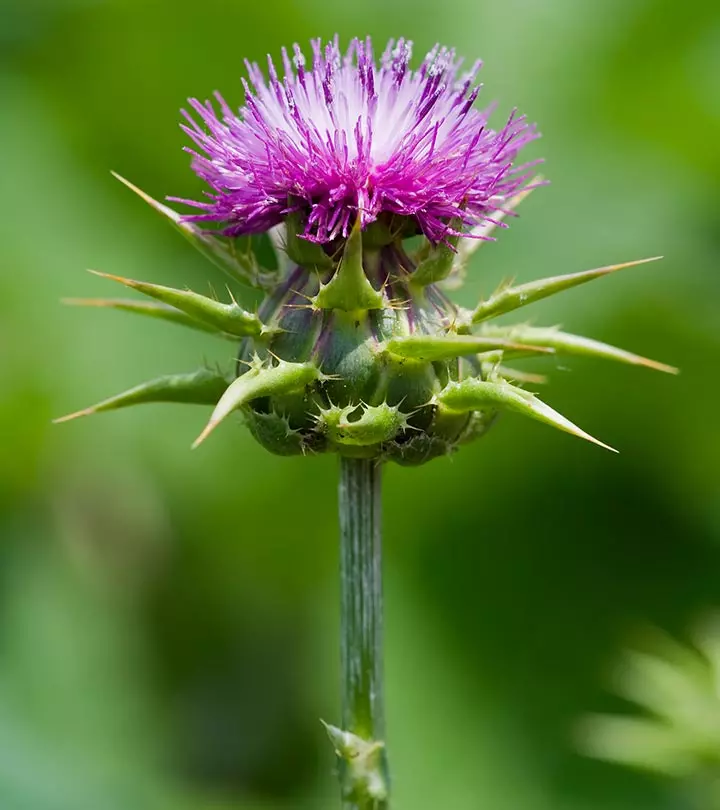
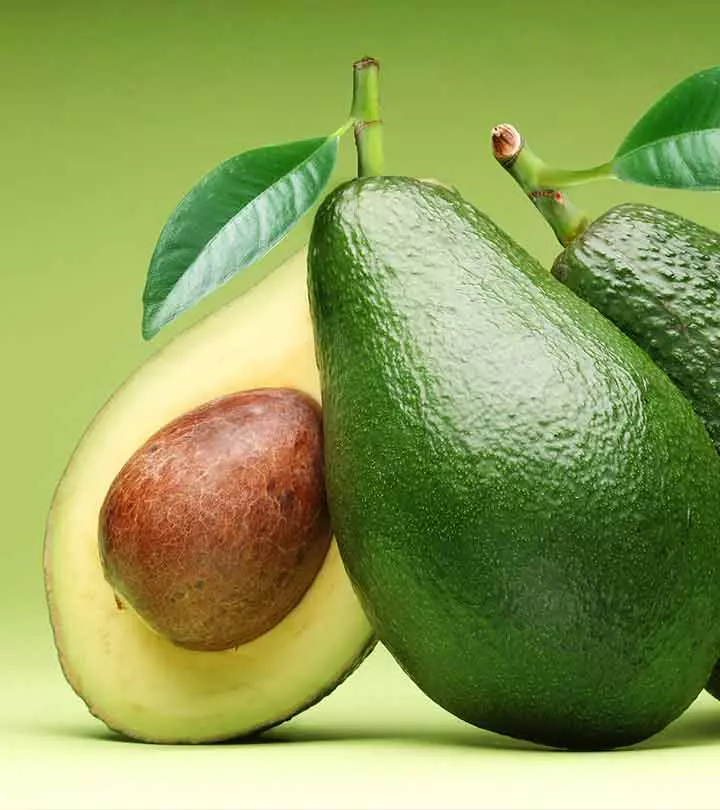


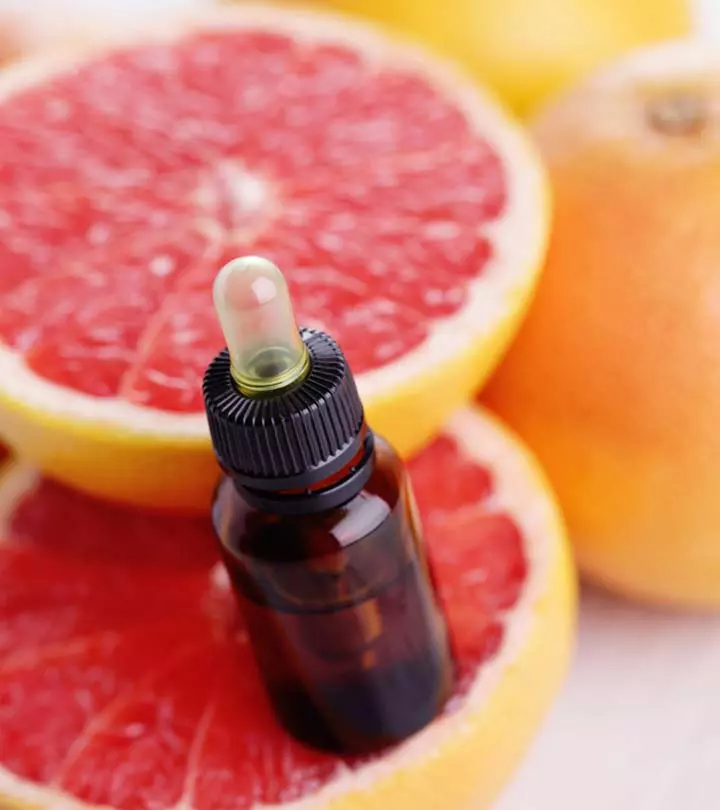
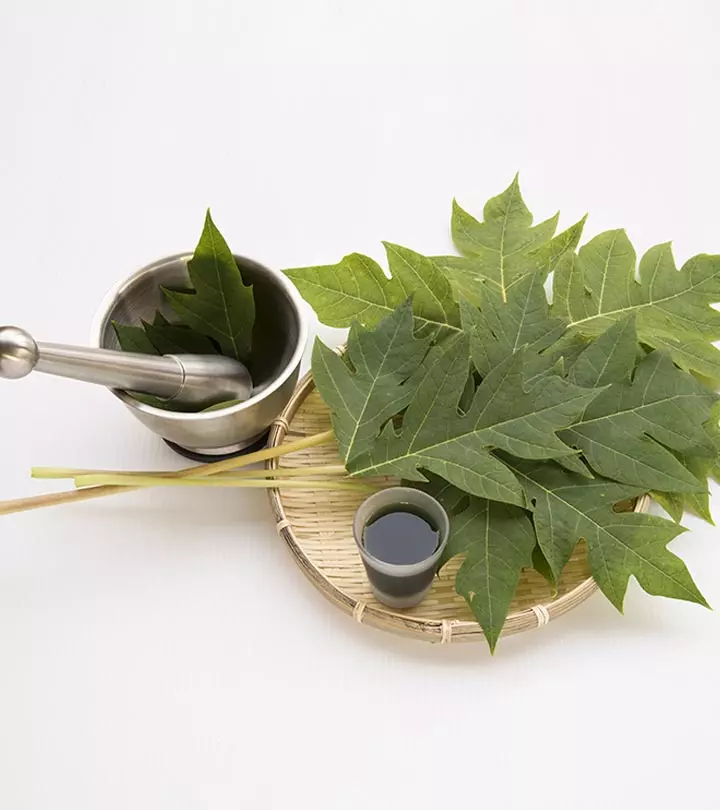
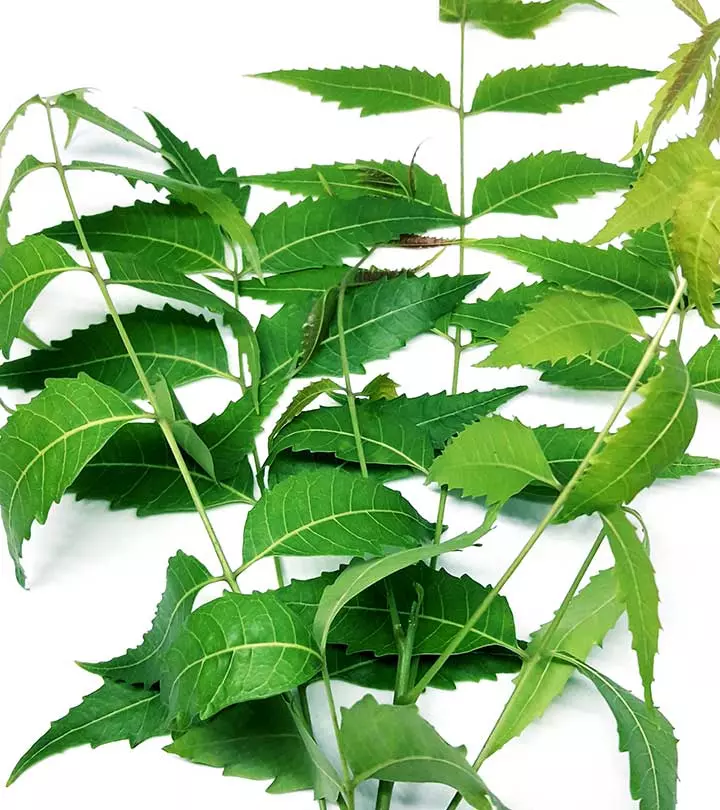
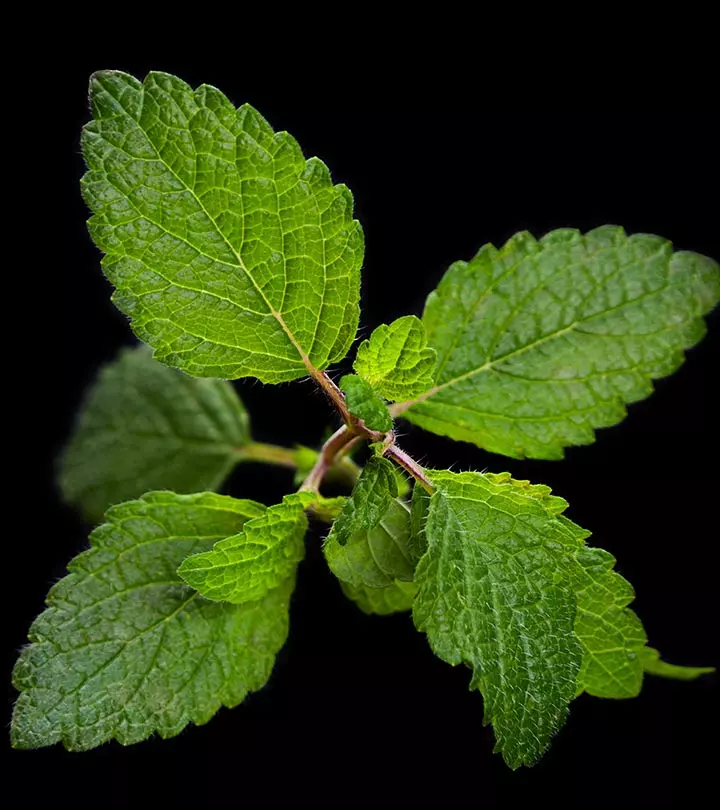
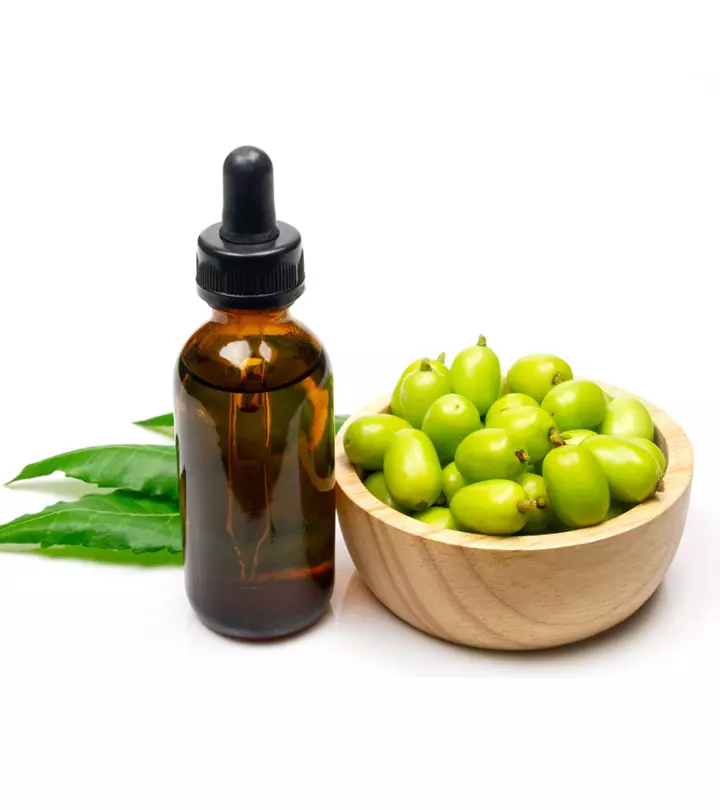
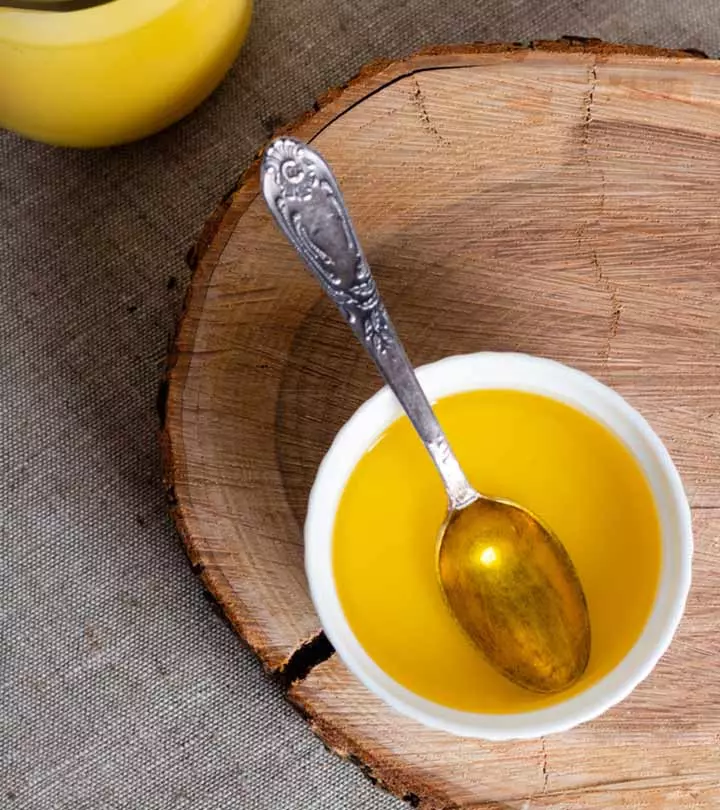
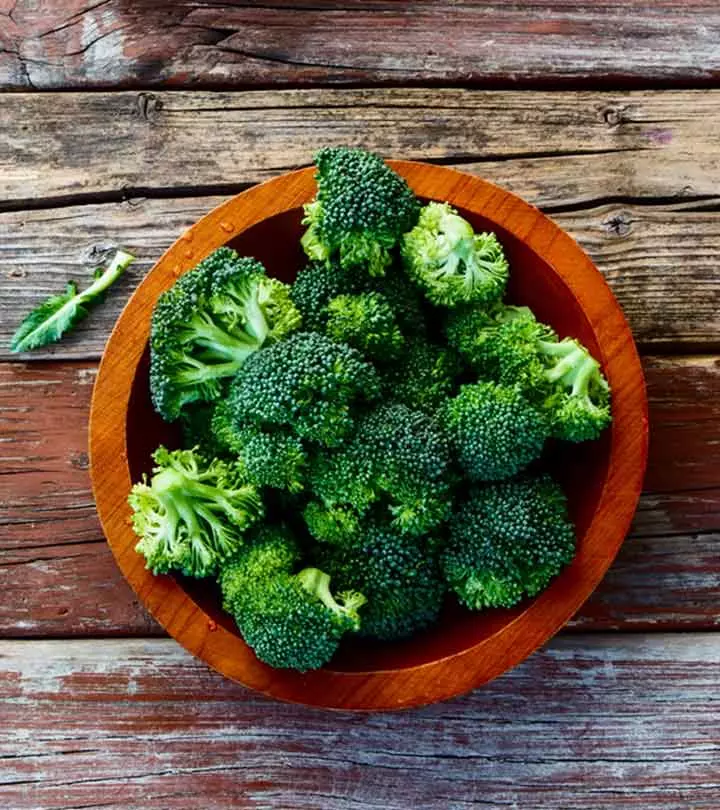
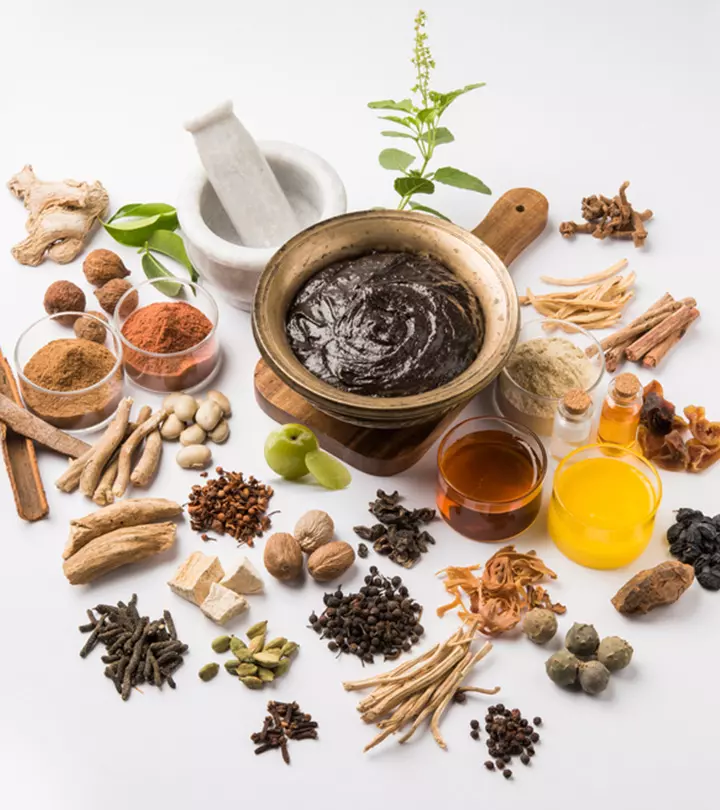
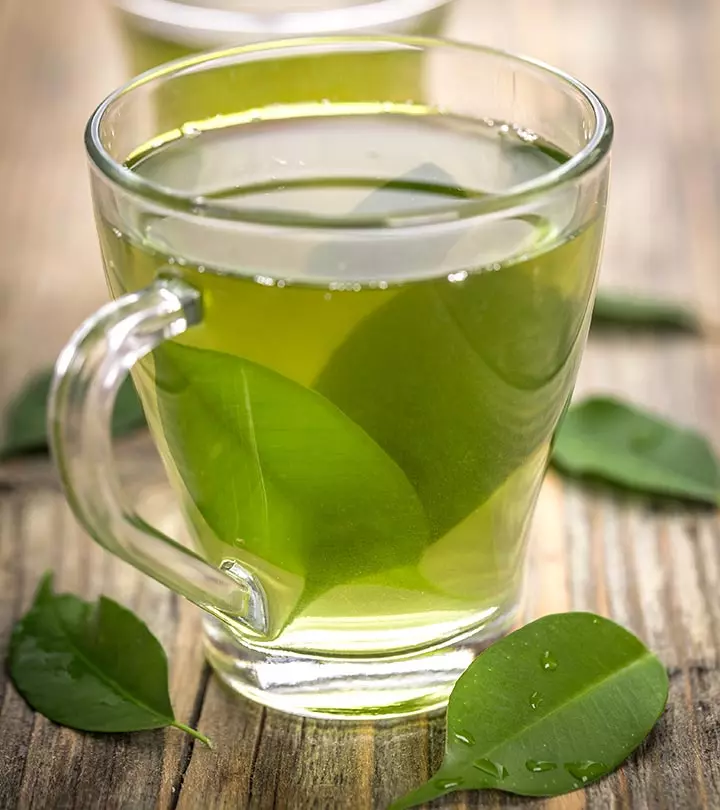
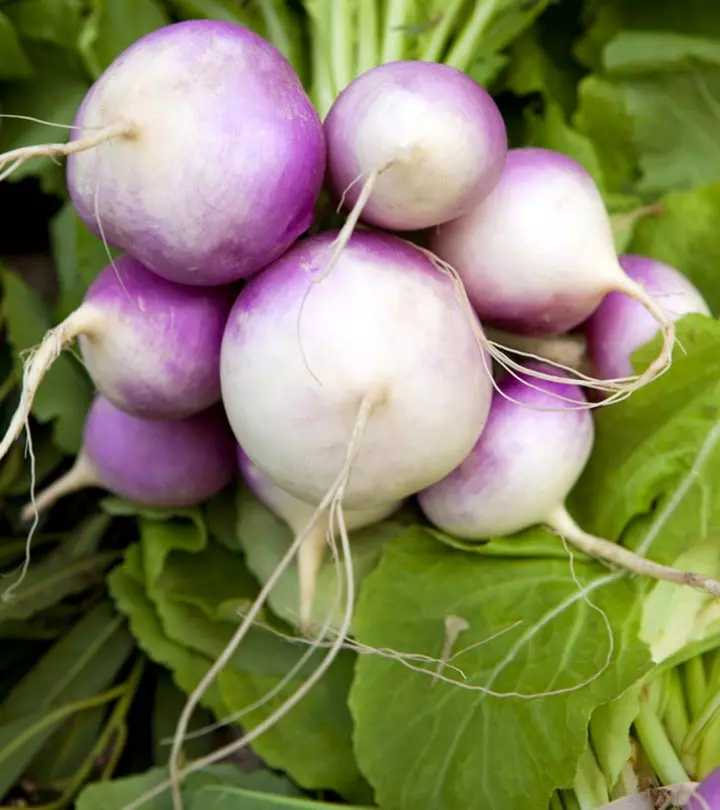
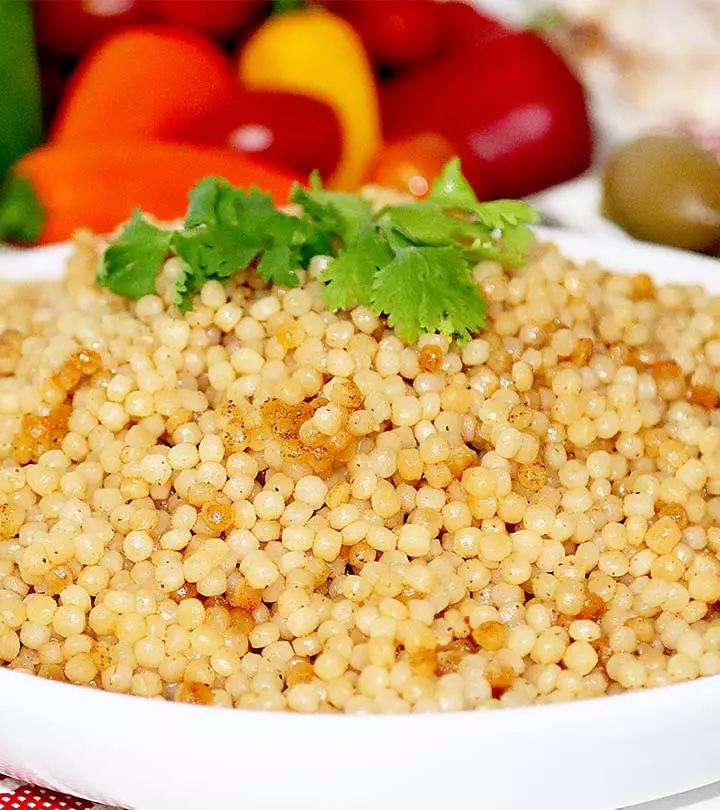
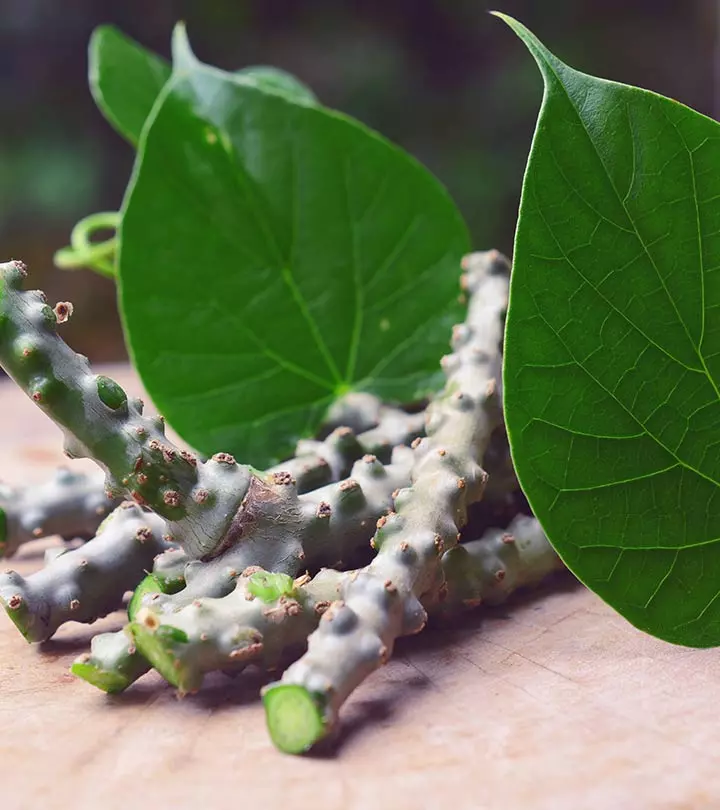



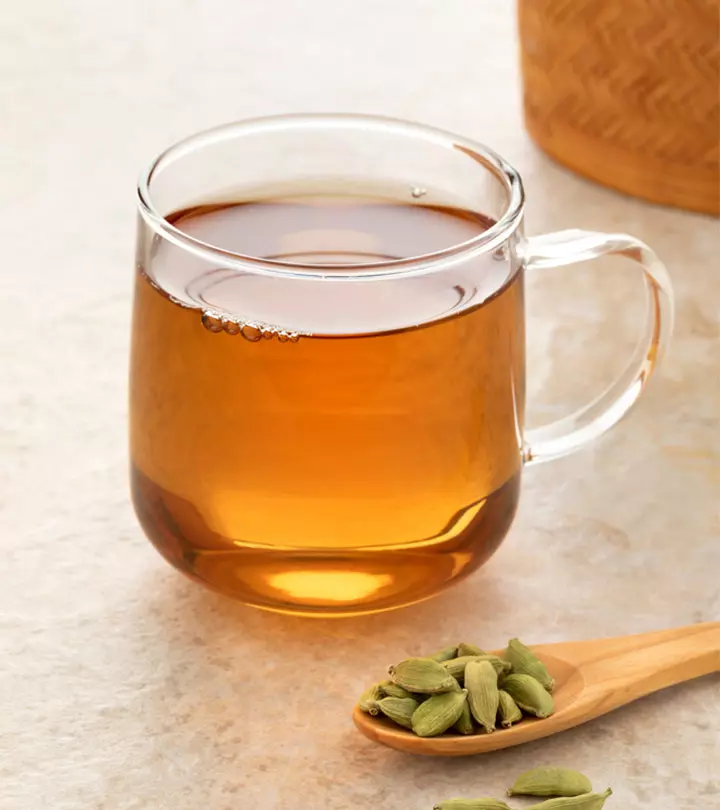
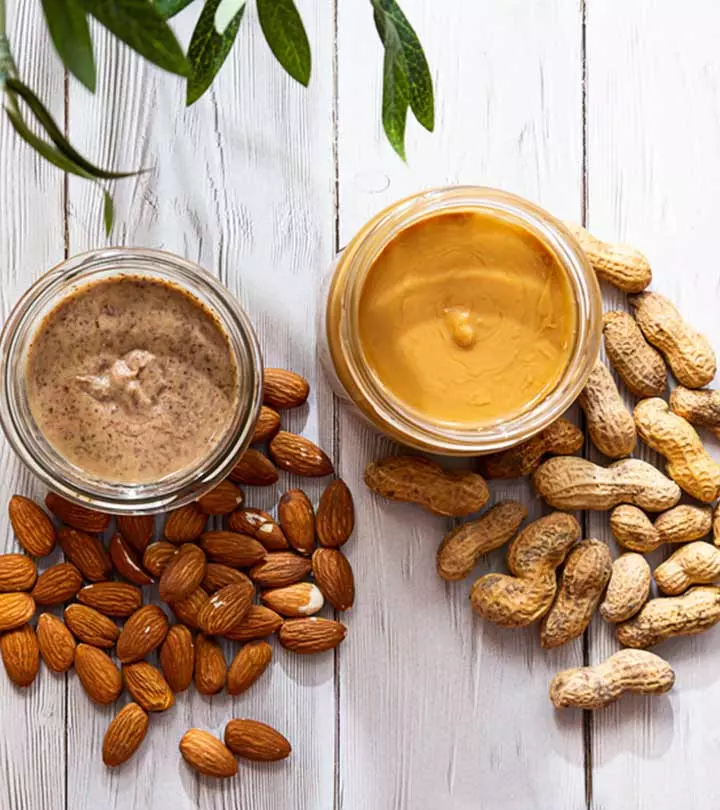
Community Experiences
Join the conversation and become a part of our empowering community! Share your stories, experiences, and insights to connect with other beauty, lifestyle, and health enthusiasts.